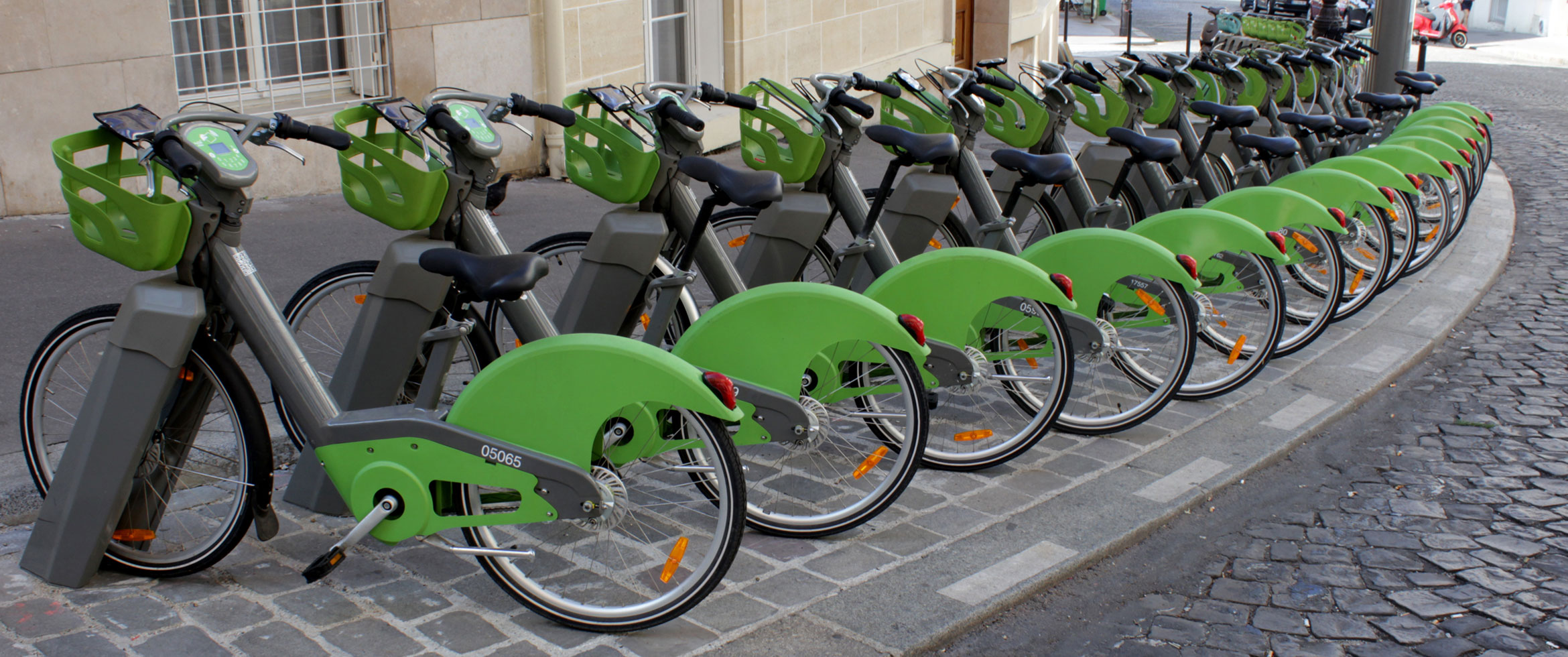Emotions, Habits and Rational Choices in Ecological Behaviours: The Case of Recycling and Use of Public Transportation
Carrus, G., Passafaro, P., & Bonnes, M. (2008, March). Emotions, habits and rational choices in ecological behaviours: The case of recycling and use of public transportation. Journal of Environmental Psychology, 28(1), 51-62.
Object-Oriented Analysis of Carsharing System
Morency, C., Trépanier, M., Martin, B. (2008). Object-oriented analysis of carsharing system. Transportation Research Record, (2063), pp. 105-112.
Smart Parking Linked to Transit: Lessons Learned from Field Test in San Francisco Bay area of California
Shaheen, S.A., Kemmerer, C. (2008). Smart parking linked to transit: Lessons learned from field test in San Francisco Bay area of California. Transportation Research Record, (2063), pp. 73-80.
Not All Transfers Are Created Equal: Towards a Framework Relating Transfer Connectivity to Travel Behaviour
Iseki, H., Taylor, B.D. (2009). Not all transfers are created equal: Towards a framework relating transfer connectivity to travel behaviour. Transport Reviews, 29(6), 777-800.
Children's Biking for Nonschool Purposes: Getting to Soccer Games in Davis, California
Tal, G., Handy, S. (2008). Children's biking for nonschool purposes: Getting to soccer games in Davis, California. Transportation Research Record, (2074), pp. 40-45.
Social Context, Personal Norms and the Use of Public Transportation: Two Field Studies
Bamberg, S., Hunecke, M., & Blöbaum, A. (2007). Social context, personal norms and the use of public transportation: Two field studies. Journal of Environmental Psychology, 27(3), 190-203.
Affective Appraisals of the Daily Commute: Comparing Perceptions of Drivers, Cyclists, Walkers, and Users of Public Transport
Gatersleben, B., & Uzzell, D. (2007). Affective appraisals of the daily commute: Comparing perceptions of drivers, cyclists, walkers, and users of public transport. Environment and Behavior, 39(3), 416-431.
Psychological, Sociodemographic, and Infrastructural Factors as Determinants of Ecological Impact Caused by Mobility Behavior
Hunecke, M., Haustein, S., Grischkat, S., & Böhler, S. (2007). Psychological, sociodemographic, and infrastructural factors as determinants of ecological impact caused by mobility behavior. Journal of Environmental Psychology, 27(4), 277-292.
Reduced Use of Environmentally Friendly Modes of Transportation Caused by Perceived Mobility Necessities: An Extension of the Theory of Planned Behavior
Haustein, S., & Hunecke, M. (2007). Reduced use of environmentally friendly modes of transportation caused by perceived mobility necessities: An extension of the theory of planned behavior. Journal of Applied Social Psychology, 37(8), 1856-1883.
Comparing and Combining Theories to Explain Proenvironmental Intentions: The Case of Commuting-Mode Choice
Wall, R., Devine-Wright, P., & Mill, G. (2007). Comparing and combining theories to explain proenvironmental intentions: The case of commuting-mode choice. Environment and Behavior, 39(6), 731-753.



